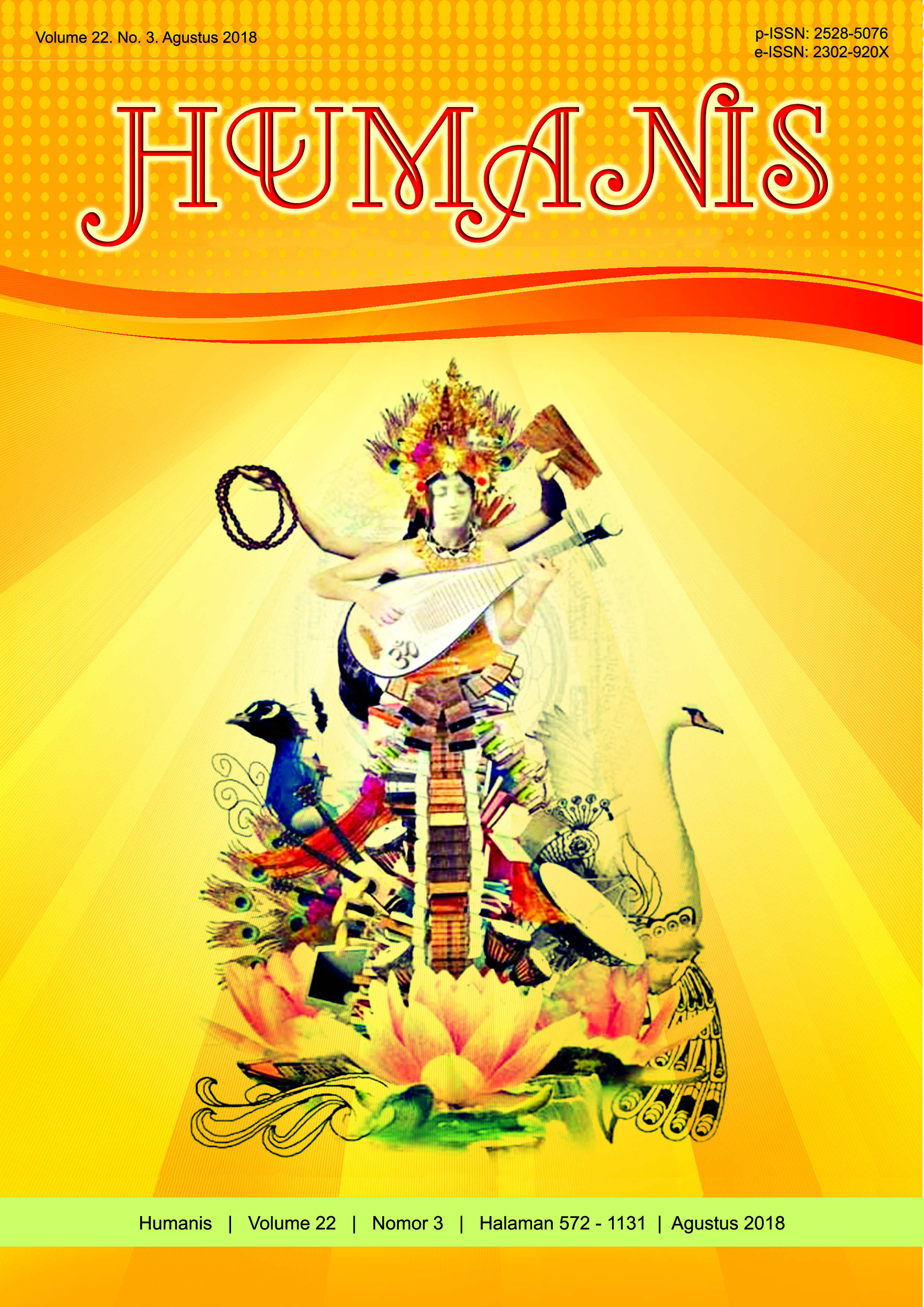Positive Politeness Principle In The Movie “The Last Song” By Nicholas Spark
Abstract
The title of this study is Positive Politeness Principle in “The Last Song” movie by Nicholas Spark this study is aimed at finding out the positive politeness principle in romantic drama movie and tries to analyze kinds of politeness principle and discusses about the polite expression in terms of language function and factors of politeness principle that influence in positive politeness principle The Last Song movie. The analysis of this study concern with the utterances of Politeness Principle. The methods employed can be classified into four kinds: data source, method and technique of collecting data, method and technique of analyzing data and method and technique of presenting data. The data were collected of this research is started by watching a movie entitled The Last Song which is produced by Nicholas Sparks (2010), reading the script The Last Song movie and taking note in some parts of the conversation that related between the main characters and other characters of the movie which is shown the kinds of polite expression and factors that influence in politeness principle. The data was analyzed based on theory of politeness which proposed by Holmes (1992), Wardhaugh (1986) and Dell Hymes (1974). The results show of analyzing data, it is found that kind of politeness principle were applied by polite expression in terms of speech function were found in The Last Song movie that were expressive, directive, phatic, metalinguis, referential and poetic function. then the four factors that influenced in politeness principle were sex (gender), age, social status and education.


















